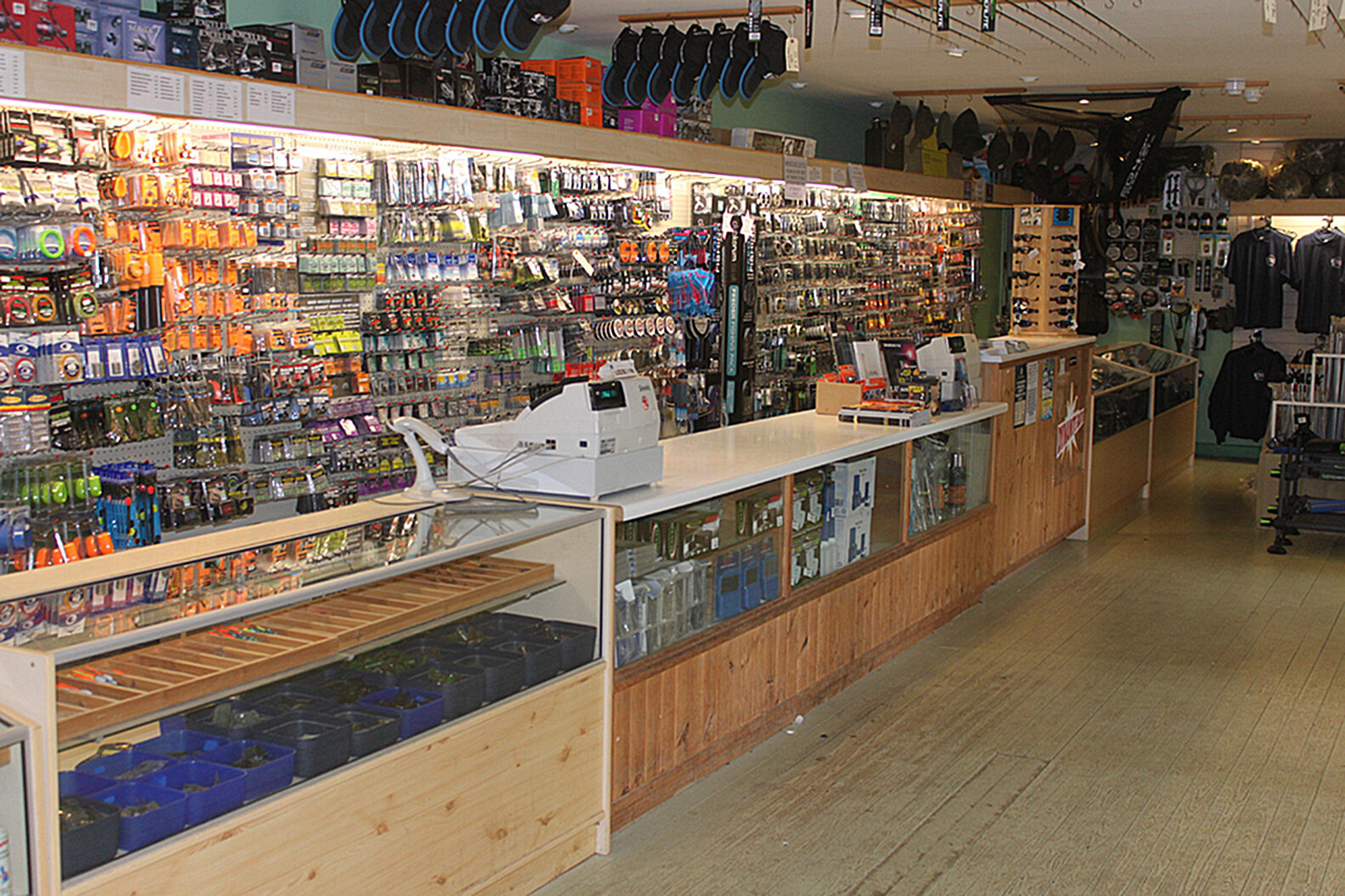How angling benefited from lockdown...
Angling would be nothing without fish, and this period of lockdown has benefited them above all else.
After years of heavy angling pressure, the fish in many venues were given a break as well as plenty of free food (no hooks attached) by fishery owners. When anglers returned, they were met by free-biting, fighting-fit stocks, and this resulted in some astonishing catches. In the first week alone half-a-dozen double-figure tench to over 12lb were reported by specimen anglers, while matchmen and commercial venue fans also got in on the action, with bulging nets of 300lb-plus taken from venues as far apart as Viaduct Fishery in Somerset and Oaks Lakes in North Yorkshire.
We believe it makes a strong case for all busy day-ticket fisheries to consider imposing similar short angling breaks each year in order to boost the overall health of stocks. Ian Roper, head bailiff at the mega popular carp day-ticket complex, Linear Fisheries in Oxfordshire, follows such a protocol each year.
“What amazes me is how quickly the fish reset themselves when anglers aren’t around,” he tells us.
“They behave like natural fish again, coming into the edge and feeding in 2ft or 3ft of water. It’s about 18 to 24 hours after all anglers’ lines have been removed that they become fish again, not rabbits in cages.”
A lack of pressure meant venues returned in fine form
Anglers adapted
One of the biggest concerns facing anglers in the new dawn was how matches – both competitive fixtures and knock-ups between mates – could happen, given the restrictions on contact. But at Doncaster’s Hayfield Lakes, they soon found a solution, as team member Andy Kinder reveals.
The litter picker was used to avoid contact at Hayfield
“We use litter pickers to pass hand sanitiser to the anglers in their cars before letting them enter the fishery and ask them what bait they want at the same time. We’ll then pass it to them with the litter picker to avoid any contact.
“When the match organiser Graeme Wall and I conduct the draw, I use a cupping kit to reach into the van to take the money, before Graeme draws them a peg number and shows it,” Andy adds.
“With the new plastic money I can sanitise the cash before putting it into envelopes for the winners.”
Another use for a cupping kit
Many other commercials showed similar levels of forward thinking but it was the tackle shops that anglers most feared for. They needn’t have.
Tackle shops modernised
Humans are nothing if not resourceful, as Mickey Bartlett from St Ives Tackle in Cambridgeshire reveals.
“When fishing resumed, we opened up a click-and-collect service and since then business has been ridiculous. We’re taking more now than we were when the shop was open, which has given us a real boost.”
Other shops kept the tills ringing by offering bait and tackle delivery services for local anglers, among them Leigh Tackle and Bait. Gav Vernon, who works at the Wigan store, says:
“We made a lot of deliveries, including to a customer in his 70s who rang us to order some line, rigs and maggots. Ten minutes later, we were at his door.”
With online retail sales having hit an all-time high over the past few months, we believe that it’s imperative for those tackle shops who continue to rely on traditional sales channels to learn from these success stories and to modernise their methods of meeting customers’ demands accordingly.
Tackle shops adapted with a click and collect service during lockdown
The Trust stepped up
Just as tackle shops stepped up to the plate, so did the Angling Trust. Long regarded by many anglers as being out-of-touch and not strong enough on the big issues, under new CEO Jamie Cook it pushed its relentless When We Fish Again campaign, laying the foundations for our swift return to angling through strong lobbying and an impressive proposal to the Government.
Anglers responded by supporting the Trust like never before with around 1,500 new members since the campaign launched in April.
To maintain the support of its growing membership it must now apply the same relentless and efficient approach when tackling the other thorny issues facing angling.
The Trust were vital in making the voice of angling heard in parliament
Lapsed anglers returned
Possibly the most positive impact that lockdown had on fishing is the number of people who were introduced to, or returned to, the sport.
On May 11, the Monday after Boris’s Sunday speech revealing that outdoor exercise would be allowed for unlimited time, the Environment Agency sold 21,000 rod licences. On the same day last year it sold 4,000. Since May 10 when lockdown relaxation was announced it has sold nearly 200,000 licences, resulting in £5 million income.
Many fisheries saw an influx of people taking family members on to the banks for the first time. Similarly, many furloughed workers turned to angling as a new hobby.
The challenge now is to keep them fishing, both through fisheries offering discounted family tickets and clubs and fisheries getting involved with the Angling Trust’s successful Let’s Go Family Fishing days.
Licence sales have boomed!






